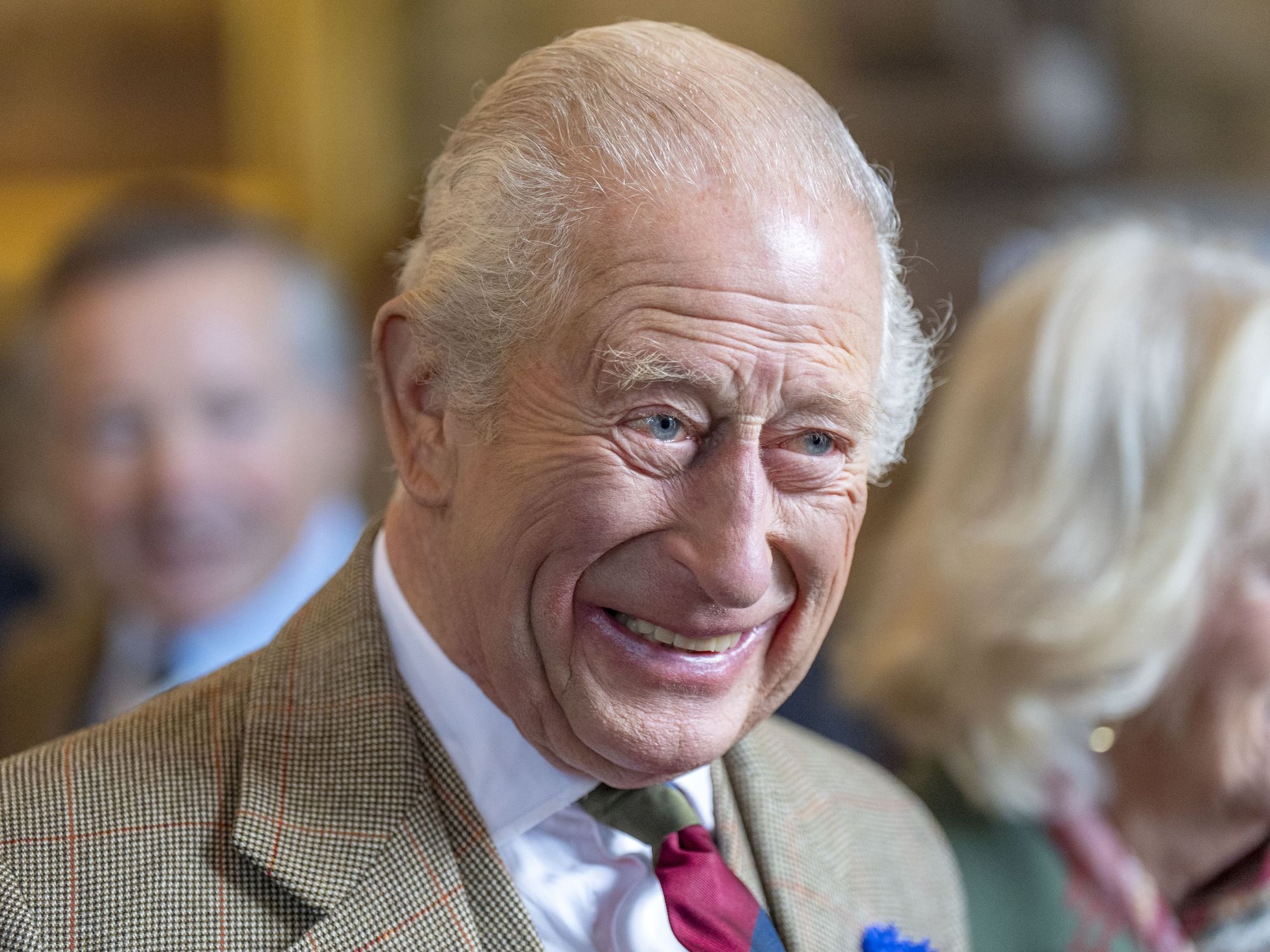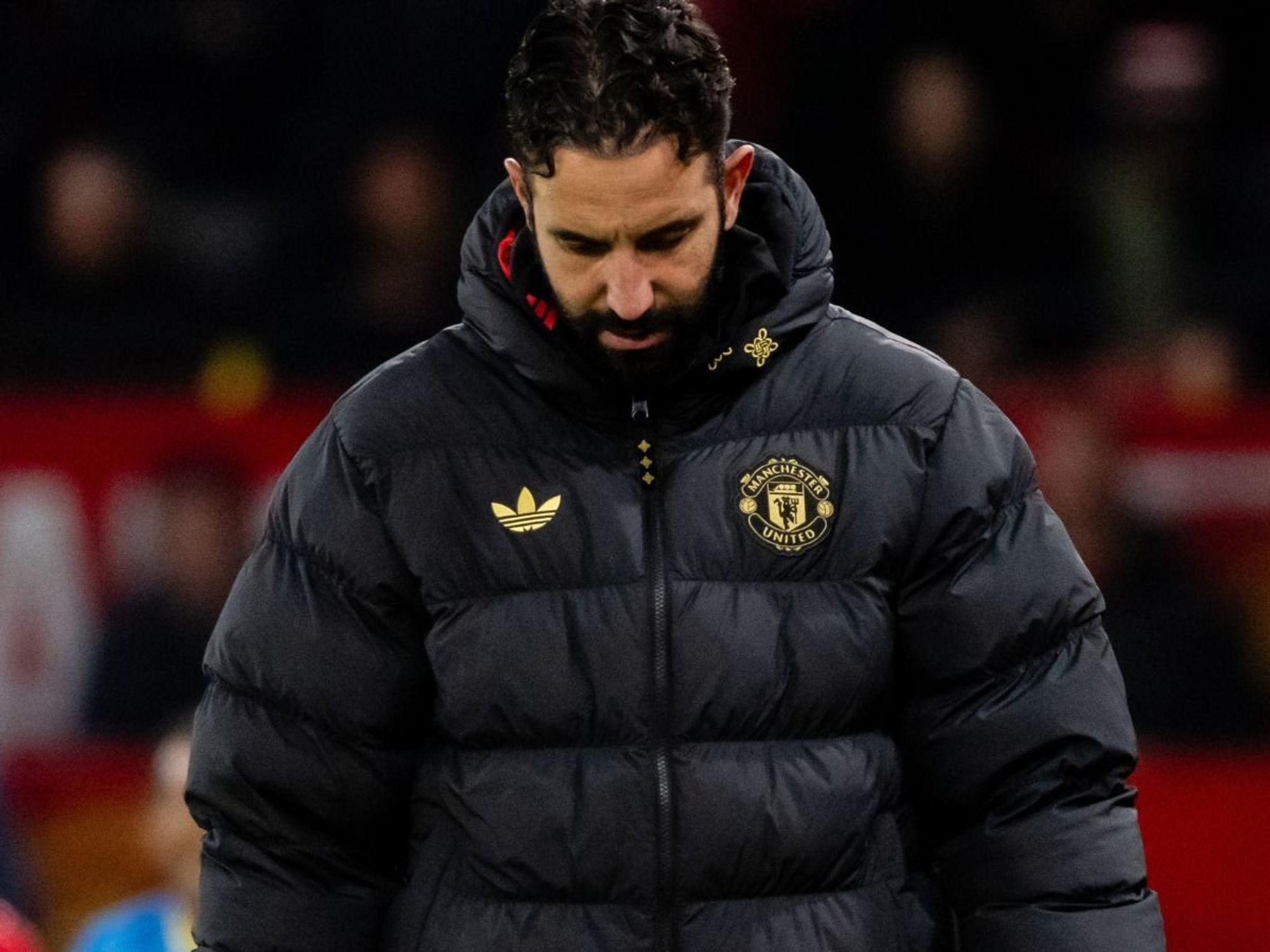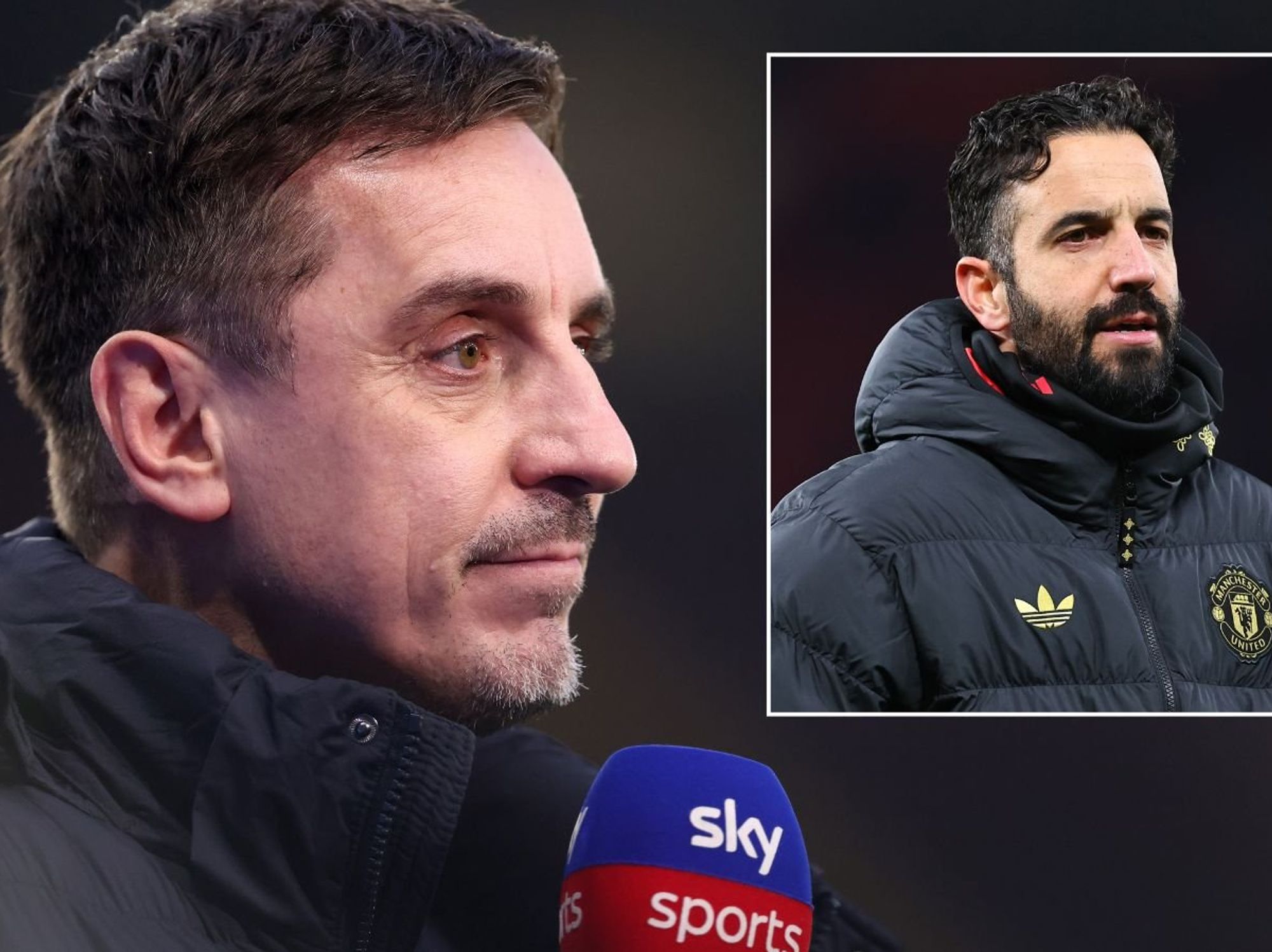Tom Harwood: Northern Ireland Protocol 'has to go'

'Having lost the consent of 50% of communities, it is clear the Protocol is not doing its job'
Don't Miss
Most Read
Latest
Did the UK always intend to ditch parts of the Brexit deal it agreed at the tail end of a chaotic hung parliament?
That was the contention of the Prime Minister's former chief advisor Dominic Cummings, writing last night on Twitter.
The maverick strategist wrote
"We took over a party on ~10% [in the polls], [with the] worst constitutional crisis in [a] century, much of deep state angling for [Brexit in name only] or [a second referendum]. So we wriggled through with the best option we could & intended to get the Shopping trolley [by which he means Boris] to ditch bits [of the deal] we didn't like after whacking Corbyn. We prioritised. Now time for Internal Market Bill Two."
The internal market bill was of course accused of empowering the government to break international law, albeit in a limited and specific way.
Cummings went on to say: "Should we generally stick to deals? Of course. Sometimes break them?
Of course. Just like the EU, US, China, and every other state does.
Strong words. And the funny thing is they do ring slightly true.
I'm reminded of the story of the Irish Free State, when it gained independence from the United Kingdom in 1922, it became a British Dominion.
Members of its Parliament even had to declare fidelity to the king.
Irish leader Michael Collins described the treaty as not his preferred outcome, but something that represented "the freedom to achieve freedom".
And low and behold parts were unpicked in the ensuing decade, and by 1937 the treaty was broken, the Irish Free State ended and the Republic of Ireland was born.
Is it all that much of a stretch to make a limited comparison in the case of the Protocol?
A provision agreed in haste under great political duress, something that itself includes exit clauses, and represented in many ways "the freedom to achieve freedom".
And it's not as if this wasn't foreseen. Article 13-8 of Protocol says can be superseded by new agreements.
The Protocol itself was there ostensibly to protect the Belfast Agreement.
The Belfast agreement was about supporting both communities in Northern Ireland. Having lost the consent of 50% of those communities, it is clear the Protocol is not doing its job.
Forseen or not, it's clear it has to go.











